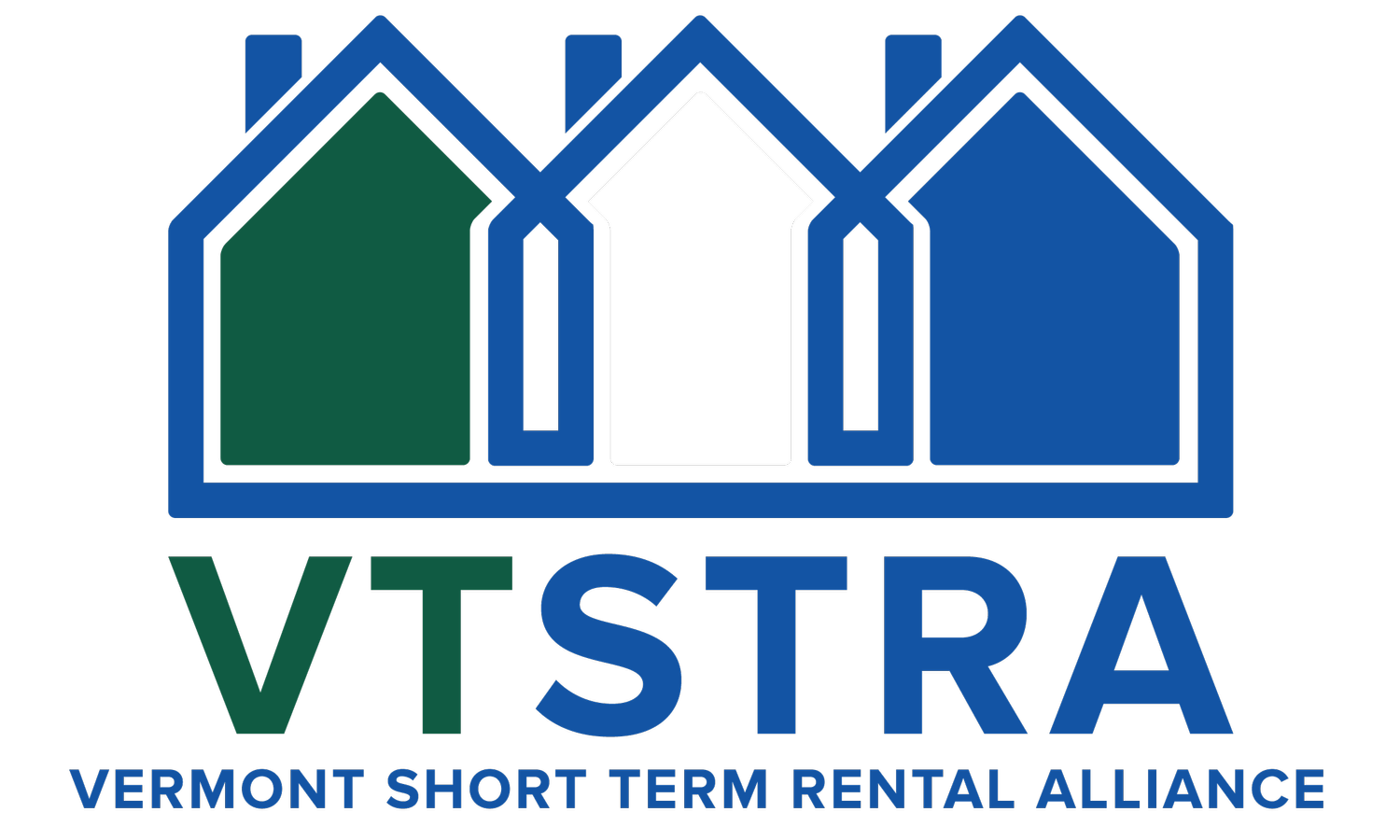A Cleaner Stay: Why More Guests Are Seeking Allergen-Free, Toxin-Free Vacation Rentals
Guest Blog written by Andrea Grayson, EdD, MA | CleanSafe
When a guest walks into your short-term rental, they expect comfort, cleanliness, and charm. But increasingly, today’s health-conscious travelers are looking for something more: a stay that won’t trigger their asthma, allergies, or sensitivities.
If you’ve ever had a guest request fragrance-free sheets or ask if your cleaning products are “eco,” you’ve already seen this trend in action. But the market goes deeper than preferences — it’s driven by health needs.
And those needs can turn into bookings: 50 % of the population would prefer that workplaces, health care facilities and professionals, hotels, and airplanes were fragrance-free.[1]
1 in 3 People Report Sensitivities to Fragrance and Chemicals
A growing number of travelers — and cleaners — are being impacted by the invisible chemicals lurking in many common household products. According to a study published in Air Quality, Atmosphere & Health, nearly 35% of Americans report adverse health effects when exposed to fragranced products like air fresheners, laundry detergent, or cleaning sprays. That includes headaches, asthma attacks, brain fog, and skin reactions.[2] For some, these symptoms are severe enough to impact daily life.
And it’s not just allergies. Many common ingredients in household cleaners and personal care products are now recognized as endocrine disruptors — chemicals that interfere with hormone balance and immune function. This includes compounds like:
Quaternary ammonium compounds (quats)
Synthetic fragrance blends
Phthalates and parabens
Formaldehyde releasers
These substances are often found in “regular” cleaning products, hand soaps, air fresheners, and personal care products — even those labeled “green.”
But There's Good News — Safer Alternatives Are Readily Available
Today, there are hundreds of effective, affordable, and truly non-toxic alternatives on the market — and guests are noticing. As the demand for cleaner cleaning rises, so do the opportunities for hosts to differentiate their properties.
Switching to safer products and sustainable practices:
Reduces indoor air pollutants
Minimizes asthma and allergy triggers
Minimizes environmental toxins and waste
Helps protect the health of your guests and your cleaning crew
Best of all, when you can advertise that your home is free from harmful chemicals and fragrance, you’ll attract a wider range of guests — from families with young children to wellness-conscious travelers.
Join the Pilot: Be Among the First Certified CleanSafe Stays
We’re launching a Vermont-based pilot of the CleanSafe™ Vacation Rental Certification (final name TBD) — a program designed to help short-term rental hosts like you:
Learn what matters most to today’s health-aware guests
Make simple but meaningful upgrades to your cleaning and personal care offerings
Receive a certification badge to proudly display in your listing
Show guests you care about their comfort, health, and peace of mind
The pilot includes:
A 4-week educational series (online meetings that will be recorded and posted)
Product swap guides + resource list
Certification checklist and support
Recognition in our upcoming Certified CleanStay Directory
If you’re ready to attract a broader market of loyal, health-conscious guests while making your property safer for everyone who enters, we’d love for you to join us.
Apply to be a part of the CleanSafe pilot today:
Click here to sign up for the interest list. The pilot will start in September/October 2025.
Let’s raise the standard of clean – and hospitality – together.
____
About the author: Andrea Grayson, EdD, MA, teaches about behavior change and Public Health Communications in the Master of Public Health Communications program at the Larner College of Medicine at the University of Vermont. She is the creator of the Quit Sugar Bootcamp and Take a Break From Alcohol programs, and author of the bestselling book The Sweet Tooth Dilemma. In her work as a health coach, she recently shifted her focus from quitting sugar to reducing environmental toxins, after receiving a diagnosis of Parkinson’s Disease and understanding that it is largely a man-made disease initiated by environmental toxins.

